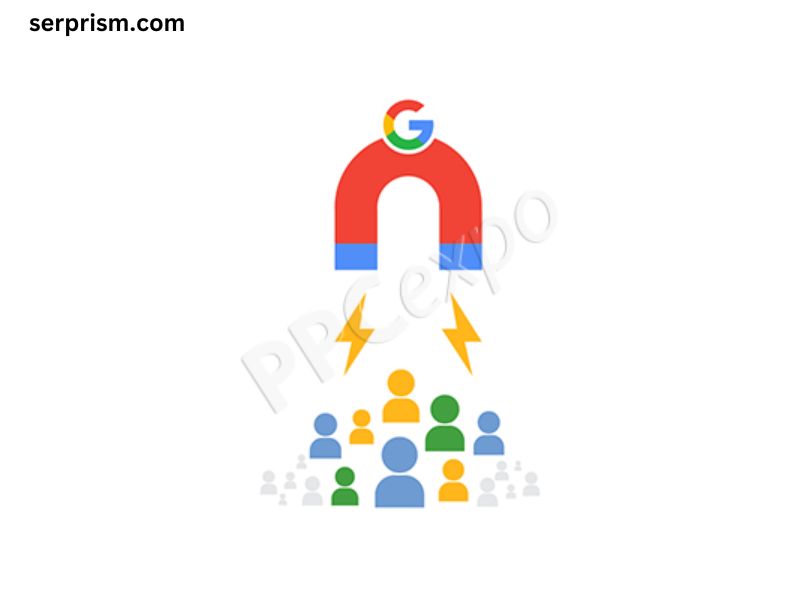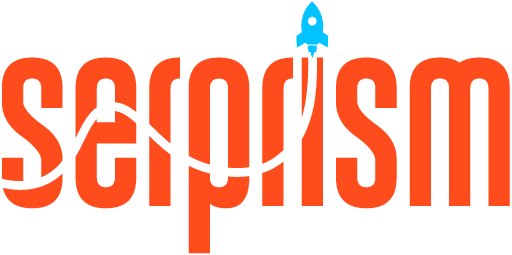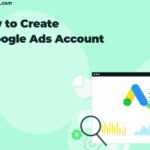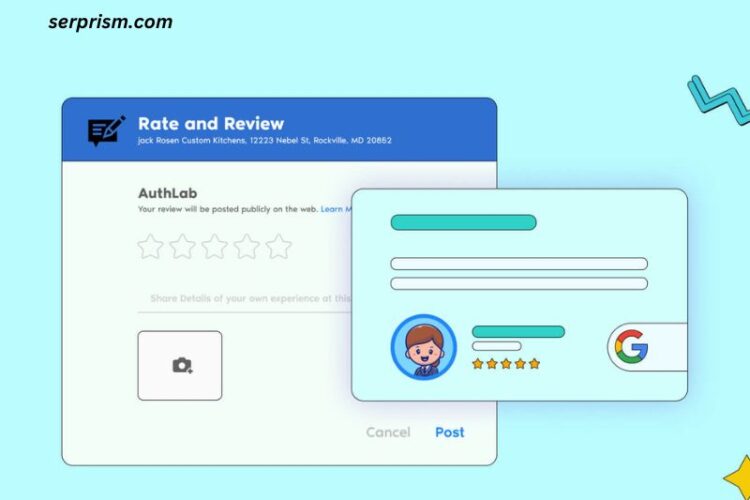
In the digital age, lead generation has transformed into a sophisticated art form, leveraging tools that can target specific audiences with precision. Among these tools, Google Ads stands out as a powerful platform for businesses looking to attract potential customers. The following article explores the top ten industries that effectively utilize Google Ads for lead generation, highlighting strategies and benefits that come with this robust advertising solution.
1. Healthcare
The healthcare industry has seen a significant shift toward digital marketing, with Google Ads becoming a crucial tool for lead generation. Clinics, hospitals, and telehealth services use targeted keywords related to specific medical services, allowing them to reach patients actively seeking care.
Strategies:
- Localized Targeting: Healthcare providers can target ads based on geographic location, ensuring they reach potential patients in their service area.
- Ad Extensions: Using features like call extensions, healthcare providers can make it easy for potential patients to call for appointments directly from the ad.
Benefits:
- Top 10 Indsturies visibility for essential services.
- Attracts patients who are already in need of medical assistance.
2. Real Estate
The real estate industry thrives on lead generation, and Google Ads is a favorite among realtors and property managers. The ability to target specific demographics and geographic areas allows real estate professionals to attract potential buyers and renters effectively.
Strategies:
- Search Ads for Listings: Real estate agencies can create ads that showcase current listings, complete with appealing images and key property details.
- Retargeting Campaigns: By retargeting users who have previously visited their website, realtors can keep potential clients engaged.
Benefits:
- Generates high-quality leads interested in property purchases or rentals.
- Enhances brand visibility in a competitive market.
3. Education
Educational institutions, from universities to online learning platforms, leverage Google Ads to attract students. The flexibility of ad formats allows institutions to highlight specific courses, degree programs, or workshops.
Strategies:
- Targeted Keywords: Using terms like “online degree” or “certificate programs” helps institutions reach users actively searching for educational opportunities.
- Video Ads: Engaging video content can showcase campus life or highlight course offerings, making the ads more appealing.
Benefits:
- Connects potential students with programs that fit their needs.
- Builds brand awareness among a broader audience.
4. Legal Services
Law firms and legal practitioners utilize Google Ads to generate leads by targeting individuals seeking legal assistance. With high competition in the legal space, strategic use of Google Ads can set firms apart.
Strategies:
- Ad Group Segmentation: Creating specific ad groups for different legal services (e.g., family law, personal injury) can improve relevance and click-through rates.
- Use of Landing Pages: Directing clicks to well-designed landing pages can help capture leads through contact forms.
Benefits:
- Reaches clients at a critical decision-making moment.
- Builds trust and authority through targeted advertising.
5. Home Services
From plumbing to landscaping, the home services industry relies heavily on Google Ads for lead generation. Homeowners often search for services online, making it imperative for service providers to be visible in those searches.
Strategies:
- Geo-targeting: Ads can be shown to users in specific locations, ensuring that local service providers attract customers in their area.
- Call-Only Ads: These ads are particularly effective for service-based businesses, allowing potential clients to call directly from the ad.
Benefits:
- Immediate connection with homeowners in need of services.
- Increased chances of booking appointments due to the immediacy of calls.
6. Travel and Hospitality
The travel industry has been dramatically reshaped by digital marketing, and Google Ads play a pivotal role in driving leads for hotels, airlines, and travel agencies.
Strategies:
- Promotional Campaigns: Seasonal discounts and special offers can attract travelers looking for deals.
- Remarketing: Engaging users who have previously shown interest in travel services can lead to higher conversion rates.
Benefits:
- Captures the attention of potential travelers at the planning stage.
- Increases bookings during peak travel seasons.
7. E-commerce
E-commerce businesses leverage Google Ads to drive traffic to their online stores, using strategies that range from keyword targeting to shopping ads that showcase products directly in search results.
Strategies:
- Shopping Ads: Displaying product images, prices, and store names helps customers make quick purchasing decisions.
- Dynamic Remarketing: This strategy targets users with ads featuring products they’ve previously viewed, increasing the likelihood of conversion.
Benefits:
- Directly links ads to product pages, simplifying the purchasing process.
- Enhances visibility among a vast audience of online shoppers.
8. B2B Services
Businesses providing services to other businesses, such as marketing agencies or software providers, utilize Google Ads to generate leads from other companies. B2B lead generation is often complex, but targeted ads can streamline the process.
Strategies:
- Long-Tail Keywords: B2B companies often target niche keywords to attract specific industries or decision-makers.
- Content Marketing Integration: Promoting valuable content (like whitepapers or case studies) can engage potential clients.
Benefits:
- Attracts high-quality leads with a higher probability of conversion.
- Positions businesses as thought leaders in their industry.
9. Finance and Insurance
Financial services and insurance companies heavily invest in Google Ads to reach consumers looking for financial products, from loans to insurance policies.
Strategies:
- Comparison Ads: Highlighting competitive rates and benefits can attract consumers looking to make informed decisions.
- Targeted Landing Pages: Directing traffic to tailored landing pages can improve conversion rates by addressing specific customer needs.
Benefits:
- Increases brand awareness in a crowded marketplace.
- Builds trust with potential customers by providing valuable information.
10. Technology and Software
With the rapid evolution of technology, companies in the tech sector, including software developers and IT service providers, rely on Google Ads to reach their target audience.
Strategies:
- Search and Display Ads: Utilizing both search and display ads can enhance visibility across different platforms.
- Promotional Offers: Highlighting free trials or limited-time offers can entice users to engage with the product.
Benefits:
- Helps educate potential customers about new technologies.
- Generates leads for high-value software products and services.
Conclusion
Google Ads has emerged as an indispensable tool for lead generation across various industries. The ability to target specific audiences, leverage data-driven insights, and employ various ad formats allows businesses to connect with potential customers in a meaningful way. As digital marketing continues to evolve, companies that harness the power of Google Ads will likely maintain a competitive edge in attracting and converting leads.
With its flexibility and reach, Google Ads not only drives traffic but also plays a crucial role in nurturing leads into loyal customers, making it a top choice for businesses across sectors. Whether in healthcare, real estate, education, or any of the industries mentioned, the strategic use of Google Ads can significantly enhance lead generation efforts, leading to growth and success in an increasingly digital marketplace.




